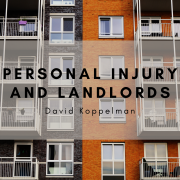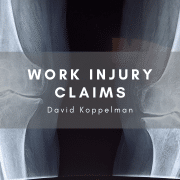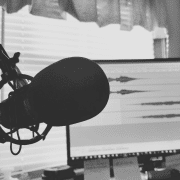Personal Injury and Landlords
A landlord has a simple job: keeping their property safe and inhabitable for their occupants. Failing to do so could result in injury or worse, and it can be hard to know who exactly is liable for an accident. For those that have been injured in the home without much option other than to contact their landlord to foot the medical bill, there are a few things you need to keep in mind.
Landlords are supposed to provide an amount of reasonable assistance to their tenants, A failure to provide assistance could be considered negligent, but things are a little more complicated than that. The only issue is determining what exactly is reasonable assistance because tenants can sometimes take advantage. What applies as reasonable assistance would be considering installing fire alarms and having access to fire extinguishers, but figuring out the right liability for a given situation can be tough.
The relationship between tenant and landlord can be complicated, but it’s ultimately a business relationship. Needless to say, landlords have to carefully navigate their relationships with tenants to make sure that they aren’t taken advantage of. If a tenant informs a landlord of an issue such as mold growing in the home and the landlord doesn’t swiftly solve the problem by completely removing the mold, it could result in a visit to the hospital. If that happens to one of your tenants, you are definitely liable for their medical costs.
Landlords are also responsible for fulfilling yearly inspections to make sure their domiciles are livable. For example, if the floors need replacing because they have a lot of nails sticking out it is up to them to make sure injury does not occur. Also, all smoke and fire detectors should be checked to make sure they are not outdated and unusable.
Both landlords and tenants have laws that protect their interests and facilitate trust, but those laws can vary from state to state. If you are a landlord, it is best that you line up a legal team to protect you regardless. If you are a tenant, you should know your rights and understand that even though you are renting, you deserve to live in a habitable place that provides you with reliable safety and shelter.












